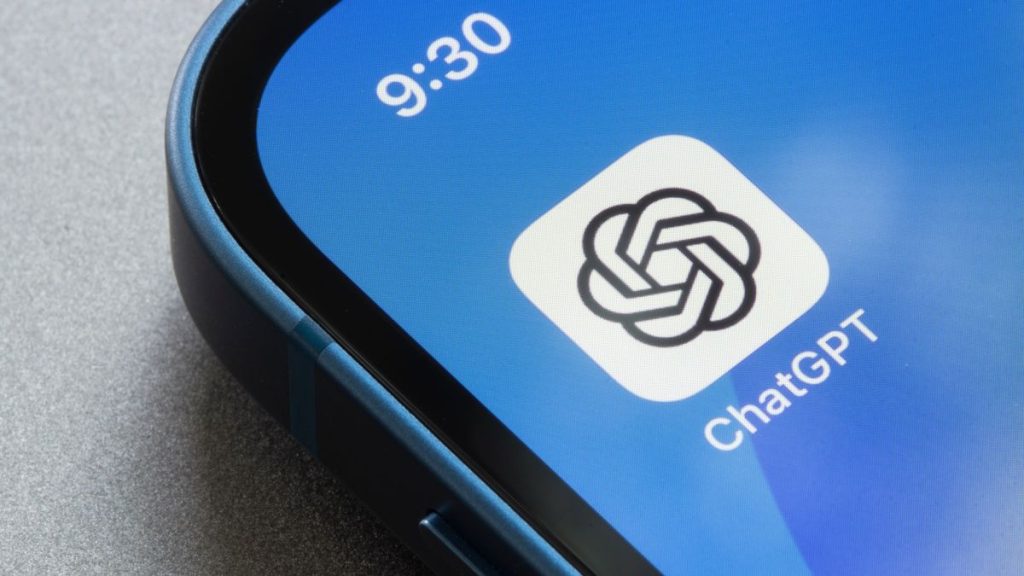When ChatGPT Deep Research was introduced, I expected it to be a beneficial resource, but I didn’t think I would personally utilize it. I couldn’t have been more mistaken.
Since trying ChatGPT Deep Research, I’ve become a frequent user. I’ve conducted extensive research into my family history and uncovered fascinating trivia about my favorite snack foods.
Among the various deep research AI tools I’ve experimented with, including Grok and Gemini, ChatGPT Deep Research stands out as my preferred choice. It is quicker, the responses are clearer and better organized, and the outcomes consistently impress me.
1. Comprehending Food Ingredients
After discovering that Chick-Fil-A sandwiches contain 55 ingredients, I was compelled to investigate what these ingredients are, their origins, and whether I should consume them. I realized I couldn’t simply rely on an influencer’s word on Instagram, so I turned to ChatGPT for an in-depth exploration.
2. Gaining Insights on Skin Care
With the latest skin care trend involving beef tallow, I decided to try it out, along with snail serum. I began to wonder if these costly products were genuinely effective compared to my usual moisturizer. ChatGPT Deep Research helped me analyze various skin care ingredients, including Hyaluronic Acid, Vitamin C, and Retinol, revealing that while trendy, they weren’t superior to my regular routine.
3. Learning About My Car
In the past, any service light in my car would send me into a panic, prompting me to contact my husband. Now, having utilized ChatGPT Deep Research by entering my car’s make and model, I’ve gained valuable insights into potential issues, common parts failures, and troubleshooting strategies. While I still defer to professional mechanics, I’m now better equipped to understand my car’s maintenance needs.
4. Investigating Microplastics
Hearing that “microplastics are everywhere” made me anxious about consuming tap water and seafood. Despite my initial hesitation to research this subject further, ChatGPT Deep Research offered informative insights rather than heightened fears. I learned, for instance, that scientists estimate 171 trillion plastic pieces are in our oceans, and discovered what efforts are being made to address the problem.
Final Thoughts
Although ChatGPT Deep Research shouldn’t replace professionals, it delivers a level of information that is immensely beneficial. Unlike basic web searches that scratch the surface, this tool provides detailed answers and insights that save time and improve understanding. Whether inquiring about taxes, advice on parenting, or understanding complex topics, I’ve found ChatGPT Deep Research valuable for anyone, not just scholars and scientists.



